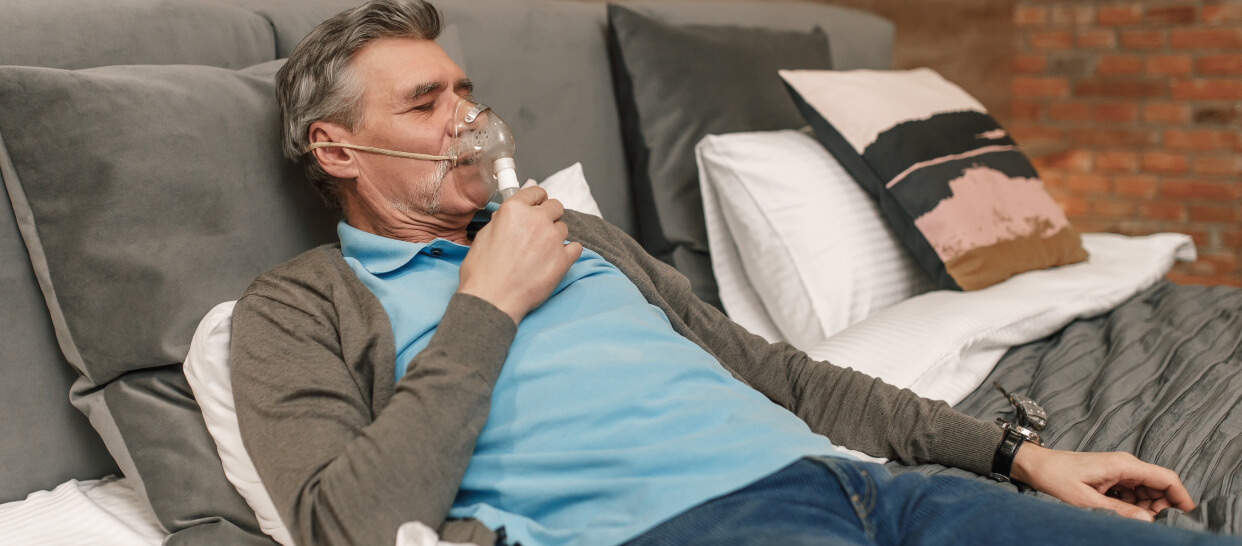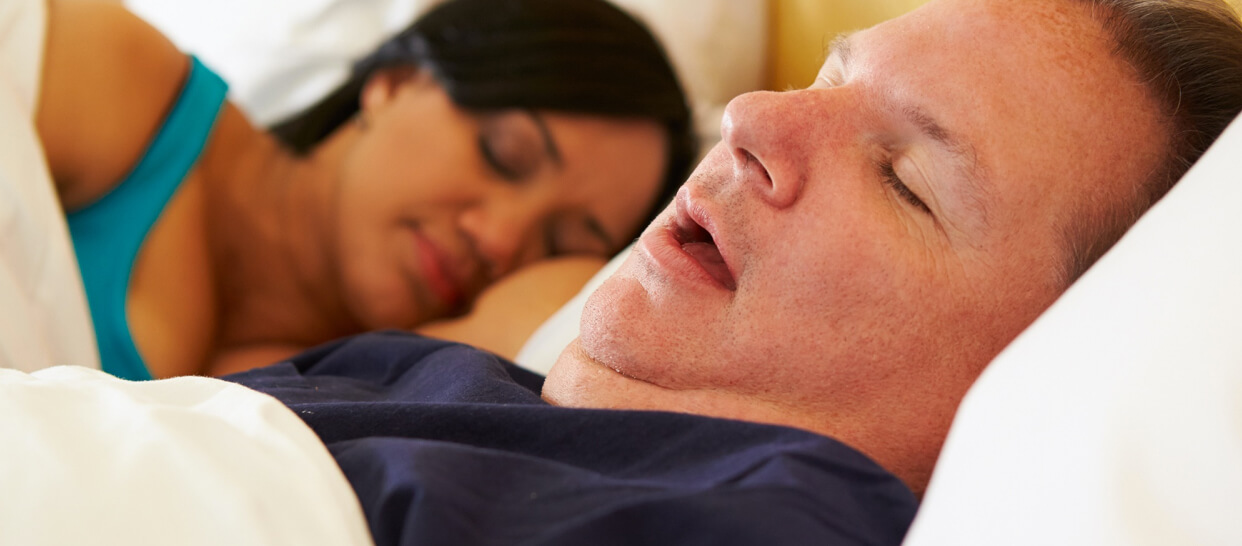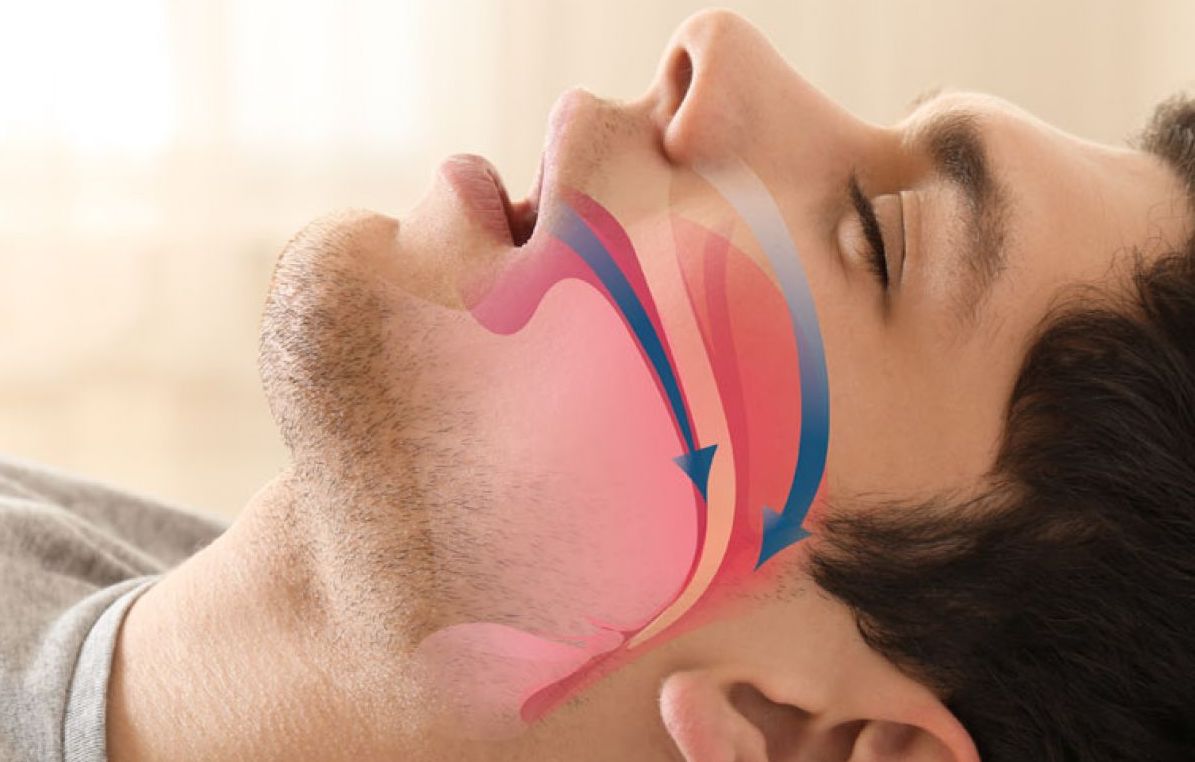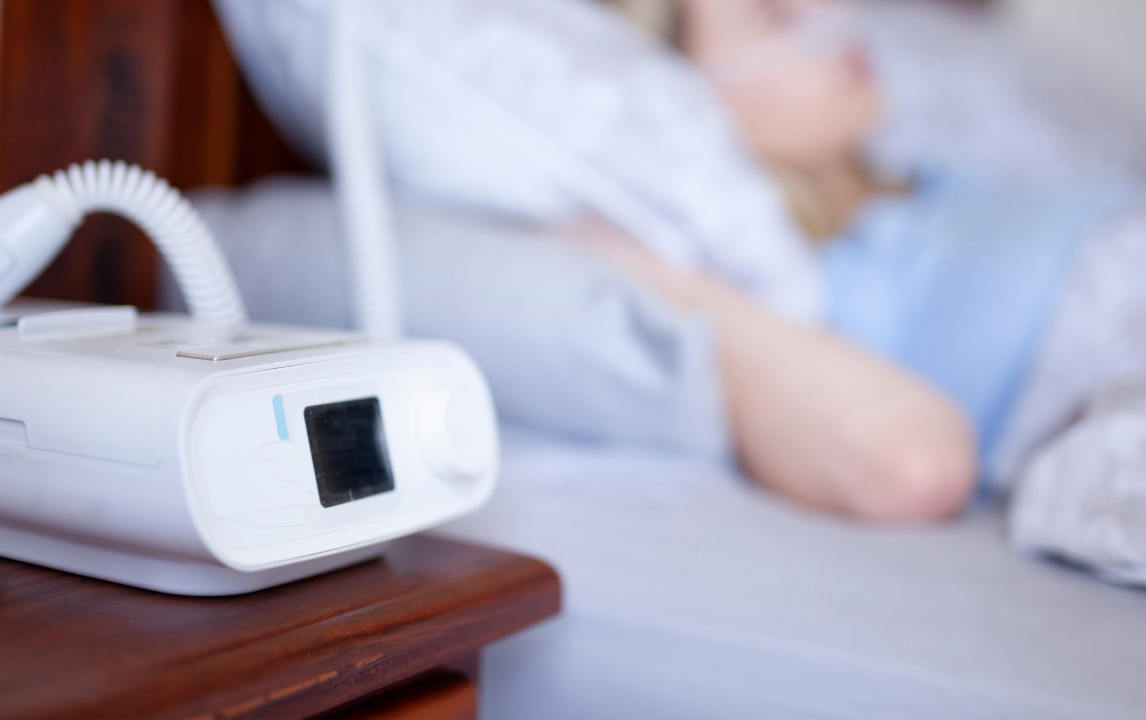*As an Amazon Associate I earn from qualifying purchases. This post contains affiliate links. If you want to buy sth related to health, lifestyle, daily necessities, you can get products at:https://amzn.to/4b4NAiT
A man in the hospital to do sleep detection, body type is very obese, sleeping, snoring is very loud, 1 hour as long as 100 times of apnea, apnea of the longest time up to 2 minutes. How can you sleep well when you have 100 apnea episodes in an hour? Can Sleep Apnea Kill You?
A person in 2 minutes without breathing, will lead to serious brain hypoxia, once the brain is anoxic, the body organs do not provide oxygen, will lead to organ failure, and even induce respiratory failure and other phenomena. Many diseases are caused by lack of oxygen to the brain. These include respiratory failure, cardiac arrest, dyspnea, shock, and even death!

You Want to Know Can Sleep Apnea Kill You?
sleep apnea is refers to the patients of breathing during sleep is a short stop or breathing exercises a weakened, caused the did some invalid breathing, so at night there is a lack of oxygen in patients with this kind of sleep dysfunction, in patients with long-term complications, can be complicated by diabetes, high blood pressure, Coronary heart disease and so on.
Obstructive sleep apnea syndrome can cause sudden death at night. If you encounter a problem, you must seek medical treatment in time. Do not delay treatment. The consequences of delayed treatment can even threaten life. The patient pauses breathing for a long time at night, cardiac and cerebrovascular accident or arrhythmia, resulting in sudden death. In addition, OSAHS (obstructive sleep apnea hypopnea syndrome) is another cause of death due to poor sleep quality at night, frequent daytime sleepiness, and increased internal or external risk factors after decreased quality of life.
Who Is at Risk for Obstructive Sleep Apnea?
No one is completely protected from having sleep apnea. It affects people of all ages and sizes. It’s a myth that adults with larger bodies are the only ones it affects. People whose weight is within a healthy weight range and children can have sleep apnea, too.

Classic risk factors of sleep apnea include:
Heavier body weight: Having a heavier body weight can cause more fat along the upper airway and narrow the opening. This is an issue in about 70% of adults with sleep apnea.
Larger neck size: Do your shirts fit snugly around the neck? A larger neck size is associated with increased tissue at the base of the tongue and upper airway. This can block air flow.
Enlarged tonsils: Large tonsil tissue at the back of the throat can obstruct the windpipe. And large adenoids (at the back of the nose) can narrow the nasal passage. Both can make breathing a chore.
Chronic nasal congestion: This is often worse at night and may make it harder to breathe.
Alcohol: This can lead to a loss of tone in the muscles of the tongue and airway, causing them to block air movement.
Menopause: Once menopause starts, the drop in progesterone may cause the muscles of the tongue to relax. Also, there tends to be an increase in weight in this group.
Smoking: Irritants in cigarette smoke can cause swelling in the nasal cavity and throat. This can restrict the airway.
Genetics: Your genetic makeup accounts for nearly 40% of sleep apnea cases. Physical features, like the shape of your jaw and airway, make you more likely to inherit sleep apnea.

How Can You Prevent Sleep Apnea?
- Stop smoking and limit alcohol. Control smoking and alcohol to improve the body’s sensitivity to hypoxia stimulation.
- Avoid tranquilizers, as anything that relaxes the tissues around the head and neck will make snoring louder.
- Change your sleeping position. People who snore should sleep on their side or face down. Sleeping on the side is less likely to cause snoring, especially on the right side.
- Elevate the head of the bed, not just the head, but the entire upper body.
- Control allergy, sneezing and snoring often go hand in hand, control allergic rhinitis, reduce snoring caused by nasal mucosal edema.
- Strengthen physical exercise and maintain good living habits.
- Avoid alcohol and tobacco addiction, as smoking can aggravate respiratory symptoms, and drinking can aggravate snoring, nocturnal breathing disorders and hypoxemia. Especially alcohol before bed.
- For obese people, we should actively reduce weight and strengthen exercise.
- It is forbidden to take sedation and sleeping things before going to bed, so as not to aggravate the inhibition of respiratory center regulation.
- Sleep monitoring: You can use the Mintal Tracker for sleep monitoring. If the monitoring results show that there is indeed a sleep disorder, measures should be taken to intervene in time.
![]()
Can Sleep Apnea Kill You? Sleep apnea is more complex than snoring and keeping others awake. You breathing actually stops, and this can lead to major health problems. It’s important to address the symptoms of sleep apnea, because they won’t just go away on their own.








